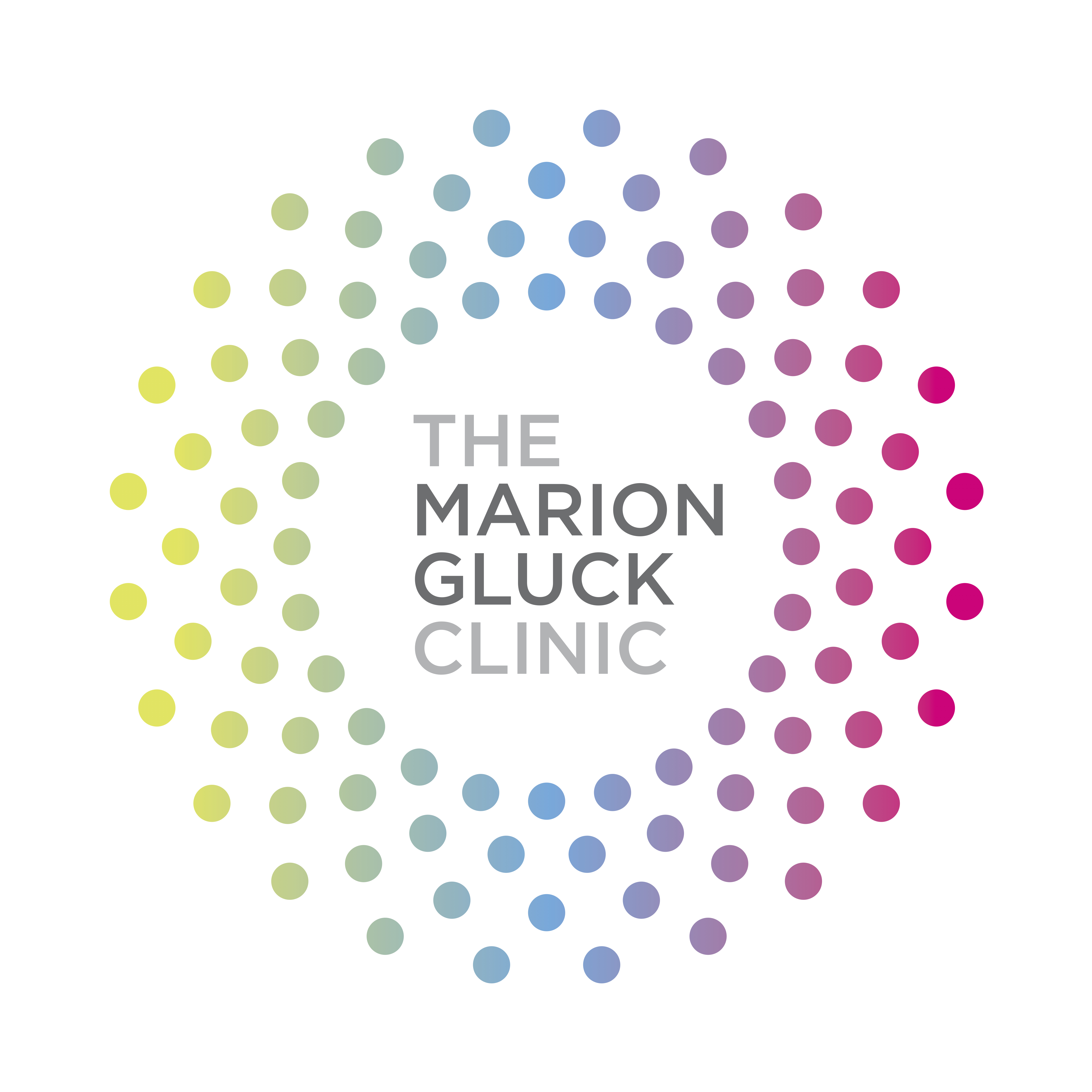7 Myths About Women’s Libido Debunked
A woman’s libido can often be somewhat of an enigma (at least to your ex). And when it comes to female desire and sex drive, there are a lot of mistruths and misconceptions that can have a real impact on our confidence and relationships. Everyone wants to have a fulfilling sex life, but with so much noise surrounding this topic, it can be hard to separate fact from fiction.
At Hormones + You, we’re here to bust some of the most common myths surrounding women's libido, helping women feel more confident and comfortable when it comes to their sex drive. So, let's begin.
Myth 1 - Women’s libidio is all down to emotion.
Women are always thought of as the more emotional of the sexes. While emotional connection and intimacy can certainly enhance a woman's sexual desire, it's a myth that enjoying sex is all down to emotions. Physical arousal and hormonal fluctuations all play significant roles in how turned on you feel. Women can experience spontaneous sexual desire without an emotional trigger (read: Daniel Craig emerging from the water in Bond), just as much as men can.
Reducing the female libido to purely emotions dismisses the complex biological and psychological underpinnings of sexual desire. So, if you are failing to feel frisky, just remember it's not simply due to your feelings, there could be other factors at play, particularly your hormones.
Myth 2 - Women have a lower sex drive than men.
This is a very common (and annoyingly persistent) myth. The idea that women are inherently less interested in sex than men is simply not true. Studies show that sexual desire varies greatly among individuals, regardless of their gender.
While societal norms and expectations have historically suppressed female sexuality, women are just as capable of experiencing the same levels of sexual desire as men, or even higher. Differences in how we express ourselves sexually or what stimulates desire do not equate to a lower sex drive, no matter what you’ve been told.
Myth 3 - Your libido disappears after menopause.
This is a very common myth that leads many women to resign themselves to a less fulfilling (and fun) sex life as they get older. But this is not the case. While women can experience a decrease in their libido due to hormonal changes during menopause, this doesn't happen for everyone, and it's certainly not a guaranteed outcome. Many women have a high sex drive well into their 60s, 70s, and even 80s. A thriving sex life post-menopause is completely achievable, and you may even have the best sex of your life, according to some studies.
Myth 4 - If you aren't interested in sex, something must be wrong with you or your relationship.
This myth can cause immense pressure and anxiety as you question why you are no longer enjoying sex. A fluctuating or low sex drive doesn't automatically signal a problem with you or your relationship.
Many factors influence women’s libido, including testosterone, your menstrual cycle, stress, fatigue, body image issues, and even big life changes. Open communication with your partner is key, and understanding that it's okay to not be in the mood all the time is crucial.
Myth 5 -You need to have a high libido to have a satisfying sex life.
This is simply untrue. Sexual satisfaction isn't solely dependent on the intensity of your sex drive or how much sex you're having. A fulfilling sex life is about mutual pleasure, intimacy, connection, and understanding what really turns you on. For some, this might mean going at it like rabbits, while for others, it could involve less frequent but just as satisfying sex.
Focusing on quality over quantity, exploring different forms of intimacy, and communicating your desires to your partner can all lead to a more satisfying sex life - regardless of how many times a day, week, or month you're doing it.
Myth 6 - A lack of sex drive can't be changed, it's just how you are.
It's a common belief that your libido is something innate and unchangeable, entirely made up by your genetics. While genetics can play a role, sexual desire is much more complex. It’s influenced by a multitude of factors, many of which can be addressed.
If you're struggling with a low libido, it's not a permanent state of being. Balancing your hormone levels, managing your stress, improving communication in a relationship, and exploring new and exciting sexual experiences can all contribute to a positive shift in your desire.
Myth 7 - Your libidio is constant.
Wrong again. Just like our energy levels, appetite, or patience at times, your sex drive ebbs and flows. Sometimes you may feel hornier than the devil, while at other times you just can't get your sex engine revving. This is completely normal and nothing to be too worried about. Women's libido is intricately tied to hormones, menstrual cycle, stress levels, sleep patterns, and even the weather. Understanding and accepting these natural fluctuations will alleviate unnecessary concern.
However, if you are experiencing a consistently low libido, then it may be time to take some action in order to get some action.
One of the most common reasons for women to lose their libido is low testosterone. Testosterone is an incredibly important hormone for both men and women and helps to regulate energy, mood, and yes, your libido.
So, if your sex life is starting to feel drier than the Sahara and your testosterone levels are in need of a pick-me-up, don't worry, as we’re got you covered. At Hormones + You, we want to empower women to have better sex through better hormone balance, and our low-dose testosterone cream does just the trick.
Our doctor-developed cream is expertly formulated to help boost your libido by combating low testosterone and rebalancing your hormones. Start an online consultation now, and get your personalised testosterone treatment delivered straight to you.






